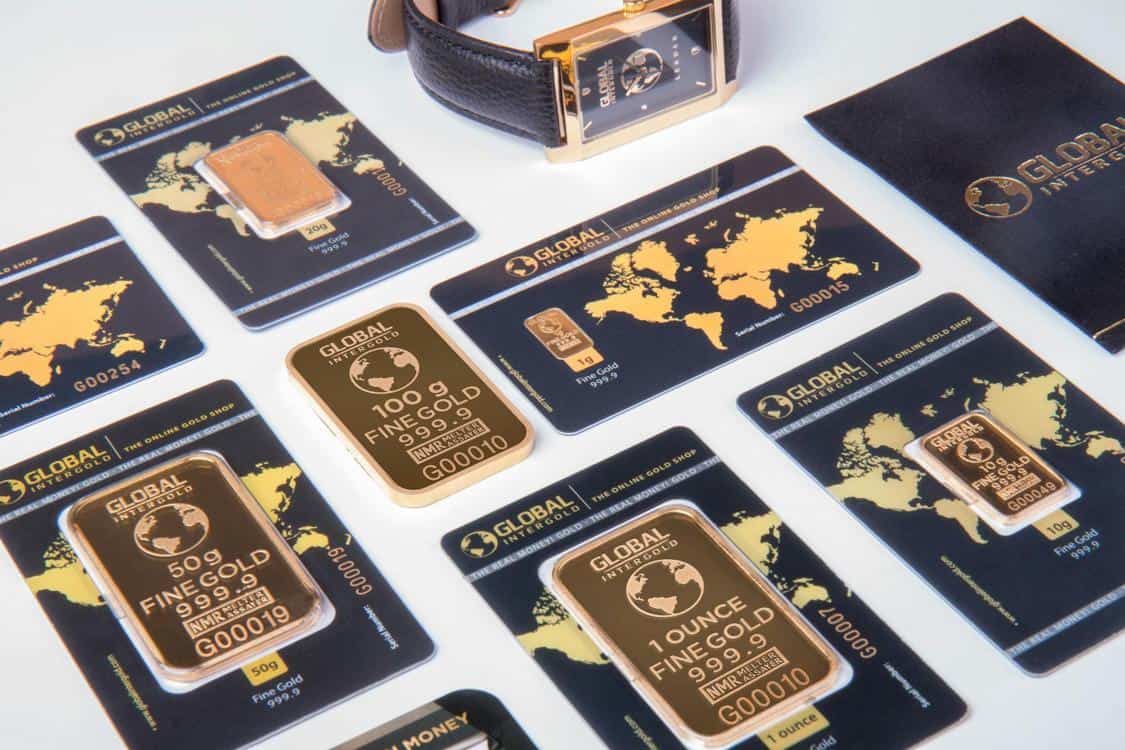
After the 2008 financial crisis, it became clear that there was a need for a global code system to identify legal entities involved in financial transactions. The LEI is that solution.
Today, regulations in many countries require or strongly recommend that all legal entities get an LEI code. But it’s a powerful tool that goes beyond regulatory compliance.
It’s a Regulatory Requirement
For companies that trade in the global financial markets, getting an LEI code is no longer a choice; it’s required. Regulatory bodies from around the world have adopted reporting rules that require the use of LEIs. For example, the Commodity Futures Trading Commission and the Securities and Exchange Commission in the United States now mandate the use of LEIs for companies that trade over-the-counter derivatives.
Aside from reducing the cost of compliance, there are numerous other ways that companies will benefit from having an LEI. For example, it will help streamline the KYC process for businesses that work with banks and other financial institutions. It will also enable firms to quickly identify and connect with counterparties in international markets. The LEI will also make it easier for regulators to understand corporate structures and hierarchies, as they can easily link up transactions to the legal entities behind them.
The benefits of having a single, globally consistent identifier for all market participants is too great to ignore. Having the ability to access accurate data about a company on a centralised database will make it easier for regulators to track potential risks and vulnerabilities in the global financial system. It will also allow companies to become more efficient in their internal reporting and risk management practices by eliminating the need to re-enter data into different systems, or manually compare DUNS numbers across disparate databases. In the United States, this will be possible with the Financial Transparency Act, if it is passed by Congress and enacted into law (follow the bill on Govtrack). The US Treasury Department’s Office of Financial Research has already been a strong advocate for the LEI.
It’s a Tool of Transparency
Having an LEI code will make it easier for your business to be found and recognized on a global scale. It’ll also provide you with a much-needed level of transparency and clarity. This is especially true in the financial markets where regulators and other industry bodies have embraced its use.
The LEI is a 20-digit alphanumeric code that holds standardised reference information on the legal entities participating in global financial transactions. It’s similar to a national identification number for businesses, providing one-stop access for individuals, corporations, academics, and the media seeking complete reference data on a specific entity; as well as reducing the burdens of regulatory reporting by enabling the unique identifier to be used in conjunction with other international identification systems like SWIFT’s full BIC-to-LEI mapping.
As the world becomes increasingly interconnected, financial services firms and other market participants are looking for ways to improve their visibility and trust. Using the LEI allows them to easily identify and link counterparties globally by tracing the exposures of both parties. This also helps them speed up internal reporting, risk management and compliance processes. The system is being adopted by regulatory bodies across the globe and has become a requirement for anyone that trades in the financial markets.
Even non-financial companies will eventually be expected to have their own LEI code, as it will be required to do business in the financial markets. The code will also help you gain credibility with potential customers, suppliers and other partners. It can also be used in marketing and advertising materials, as well as website seals. It will add an extra layer of relevance to your company on a global scale, making it more likely that people outside your country will be willing to do business with you.
It’s a Way to Avoid Fraud
In the wake of the global financial crisis, regulators from the United States, the European Union, and other markets worldwide created a system that uses LEI codes to identify legal entities across jurisdictions. Having an LEI code means that other businesses can identify you quickly and easily, even if they aren’t familiar with your company. This makes it easier to do business internationally and avoid fraudulent activities, like money laundering.
The LEI code is similar to a barcode or digital passport and enables financial institutions to reliably, consistently, and instantly identify parties in a financial transaction. It is also used in regulatory reporting, enabling regulators to easily evaluate whether a company or its parent is part of a systemic risk or has been involved in a monetary crisis.
Having an LEI is becoming a standard of doing business in many industries, particularly for companies working with international customers and partners. The global LEI database contains a vast amount of transparent, reliable, and up-to-date information attributes that can be verified by both humans and machines. The Global LEI Foundation (GLEIF) provides an easy-to-use search tool that allows you to query the full data set and get results in a matter of seconds.
If you’re looking to take your business global, you need a way for potential customers and investors to verify that you are a legitimate business and have the resources to meet your obligations. Not having an LEI may make them think twice about offering you loans or investments. In addition, many banks and other financial institutions will ask for an LEI before a company can borrow money. This is because they want to know that the company will be around and can pay back what they’ve borrowed, as outlined in this article about LEI numbers.
It’s a Way to Save Money

As the global LEI becomes more widely adopted, it will cut costs for businesses by making it easier to identify and match data across systems. This will reduce transaction failures, lower data reconciliation, cleaning and aggregation costs, and lower regulatory reporting expenses. It will also make it easier to perform KYC checks on business partners and customers, reducing the cost of customer onboarding and due diligence. According to McKinsey, the financial industry could save $2-$4 billion annually in these areas alone.
For example, when a company applies for a Business Validation SSL certificate, the process would take much longer without an LEI. That’s because the Certificate Authority needs to check the Global LEI index for an authoritative record of the company’s details, rather than doing manual research on its own. In addition, if a company has an LEI code, the GLEIF can send an email to notify all relevant authorities of the existence of that firm.
LEI Service makes it quick and easy to get your LEI code, and we’re committed to providing the best support to our clients throughout the process. We offer free transfer services for LEIs purchased elsewhere, and our team will guide you through the entire process with a clear dashboard and reminder system.
No one knows the need for a global legal entity identifier better than those who experienced the global financial crisis in 2008. In that era, Lehman Brothers collapsed and caused chaos across the globe because regulators weren’t able to quickly pinpoint the network of entities connected to that corporation. With a worldwide LEI registry in place, the information about each of those entities will be easily accessible to any person or organization looking for it.
It’s a Way to Take Your Business Global
If your company wants to grow beyond your domestic boundaries, you need to have a strong infrastructure in place. This includes setting up processes for conducting global trades and ensuring that your company’s information is accurate across multiple jurisdictions. Having an LEI code can help you achieve these goals by providing you with a unique identifier that is recognized globally and used to report on financial transactions.
The LEI system is managed by the Global Legal Entity Identifier Foundation (GLEIF), which is overseen by the G-20 and the Financial Stability Board. GLEIF also maintains a public database that contains the information tied to your LEI, which can be accessed by anyone. This public database is a great way to verify the accuracy of your company’s information.
In addition, the GLEIF database can be used to connect data sets, which can improve analysis and provide insights into your business. It is also a requirement for many regulatory reporting and compliance processes, including Know Your Customer, Anti-Money Laundering, and client onboarding.
As more industries and regulators around the world implement regulations that require companies to have an LEI, it’s clear that this is a useful tool for taking your business global. It can save time and money in the long run, as well as help you stay compliant with local laws.
In addition, there are over 144 pieces of legislation globally that mandate the use of LEIs. For example, if you want to take part in trading on the European markets under MiFID II, you will need to have an active LEI number or face sanctions such as not being allowed to execute a trade. LEI Worldwide is an official GLEIF Registration Agent, and we can assist you in obtaining your LEI code and keeping it up to date.
